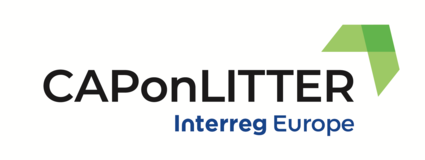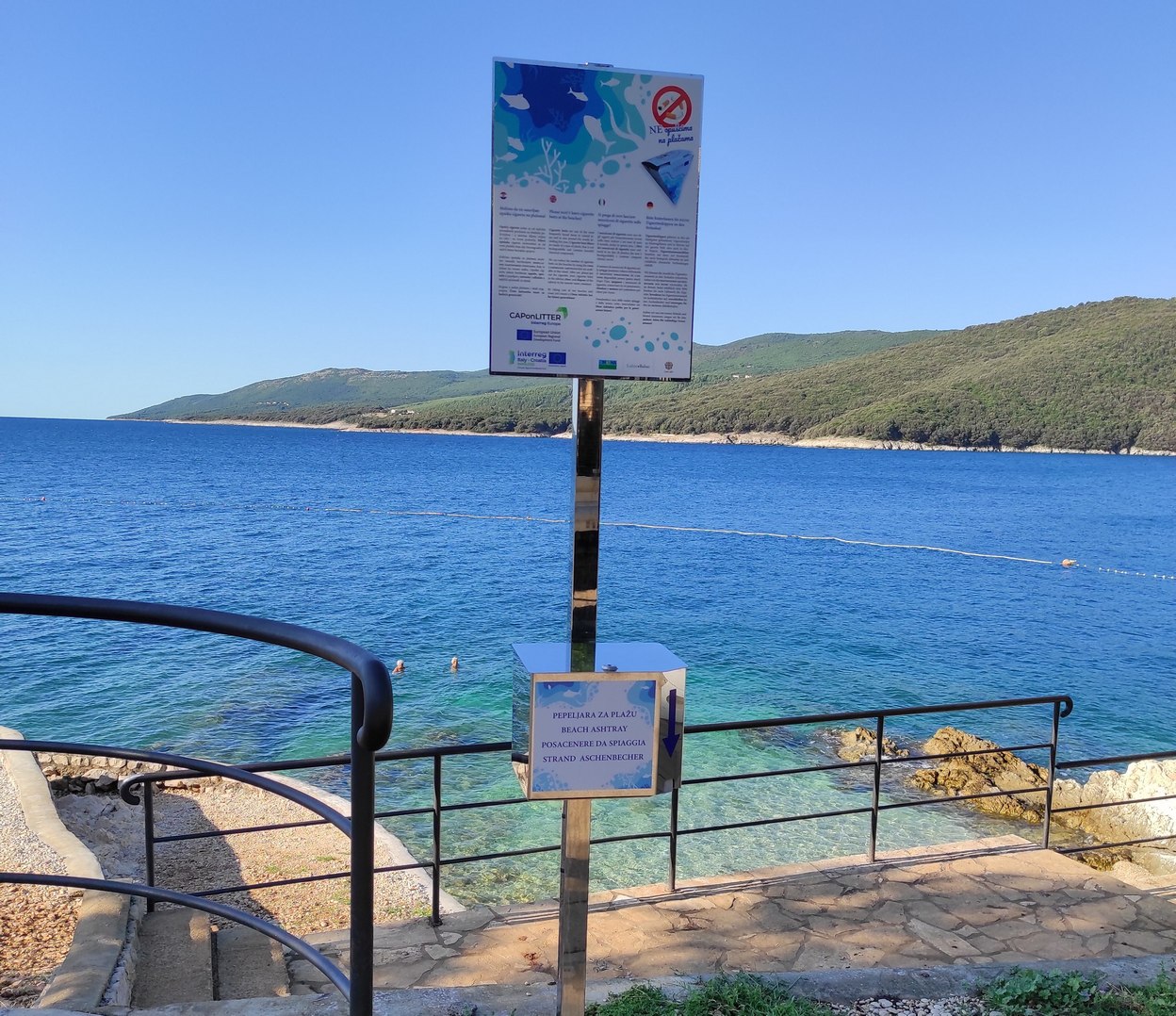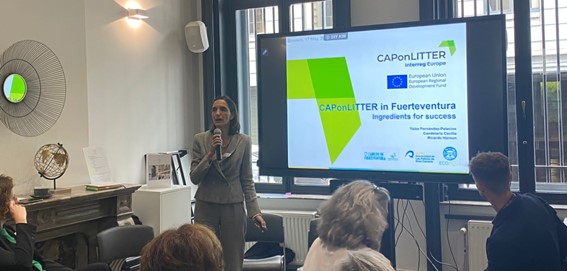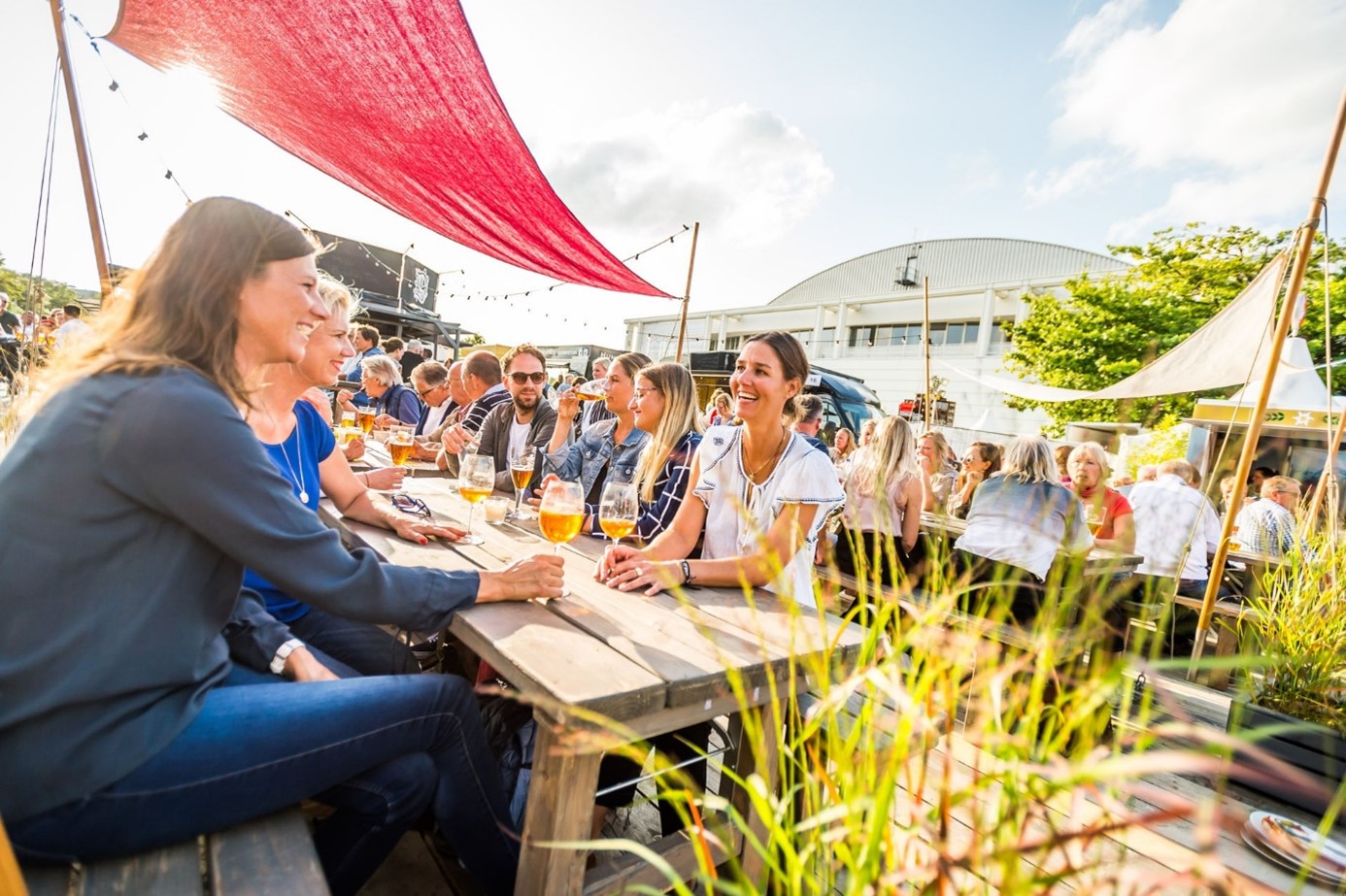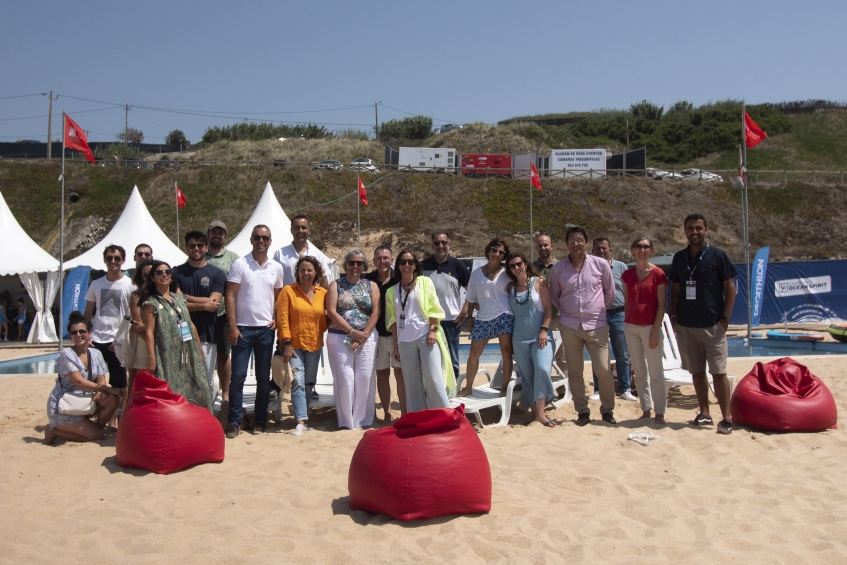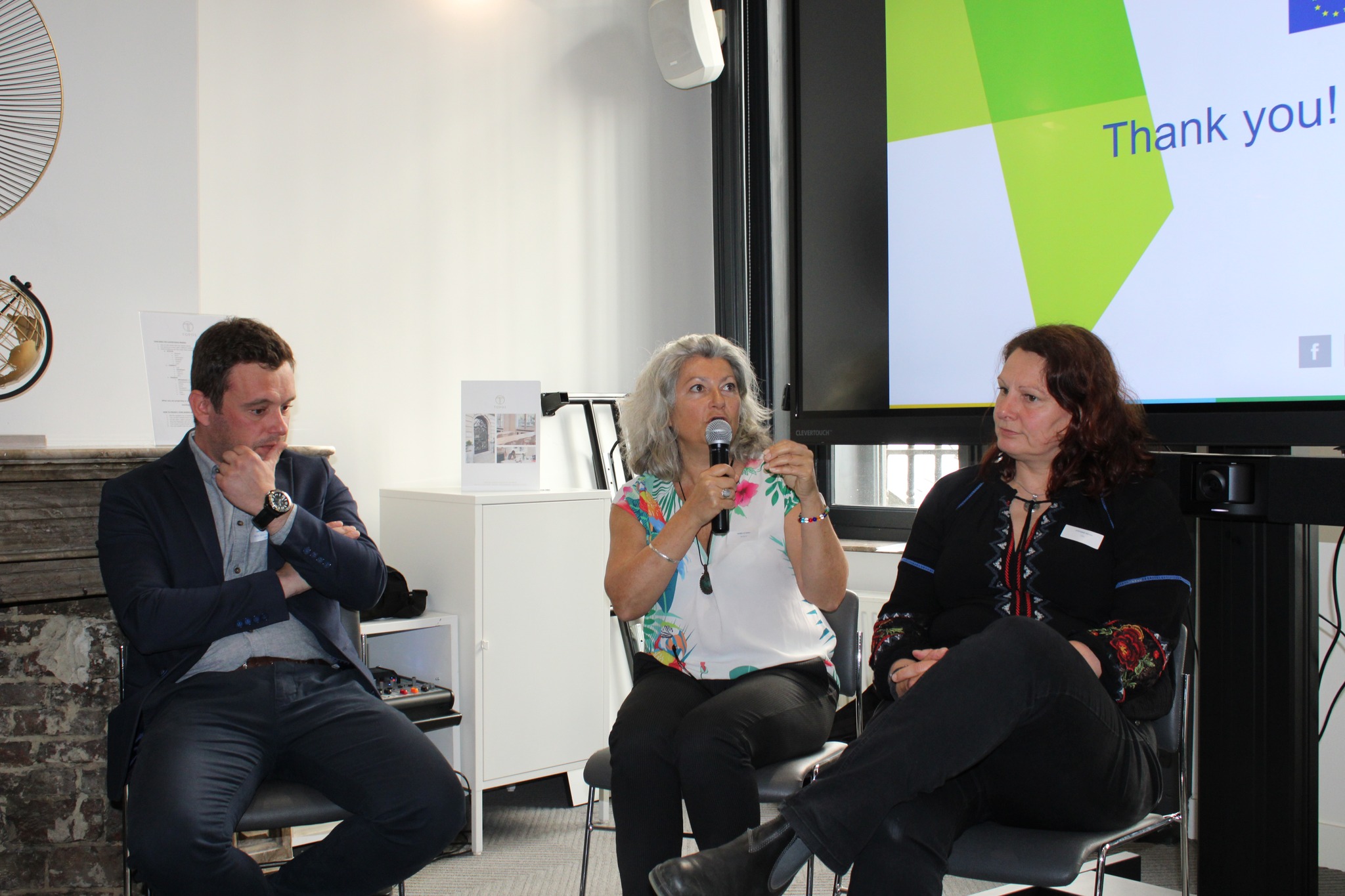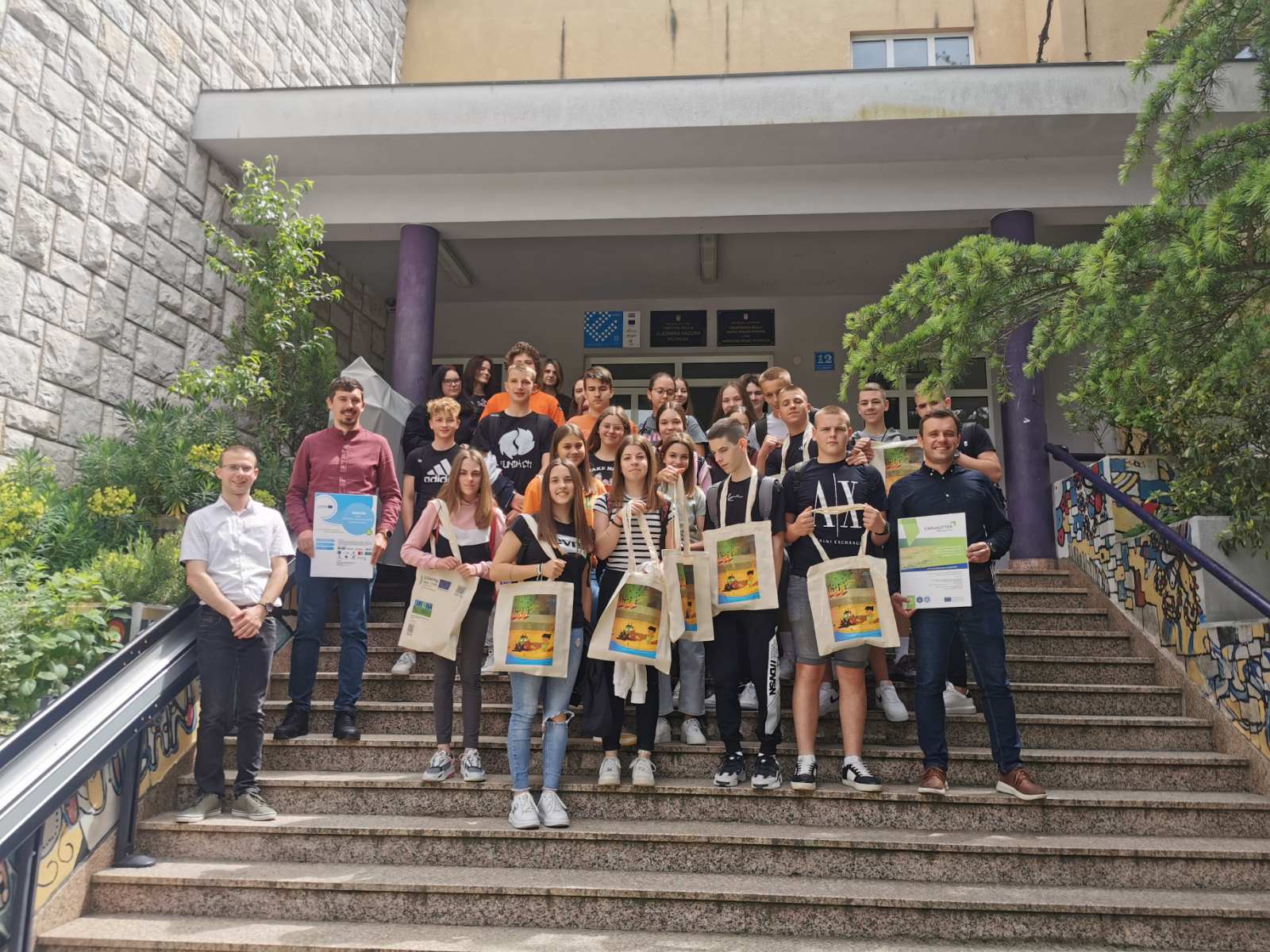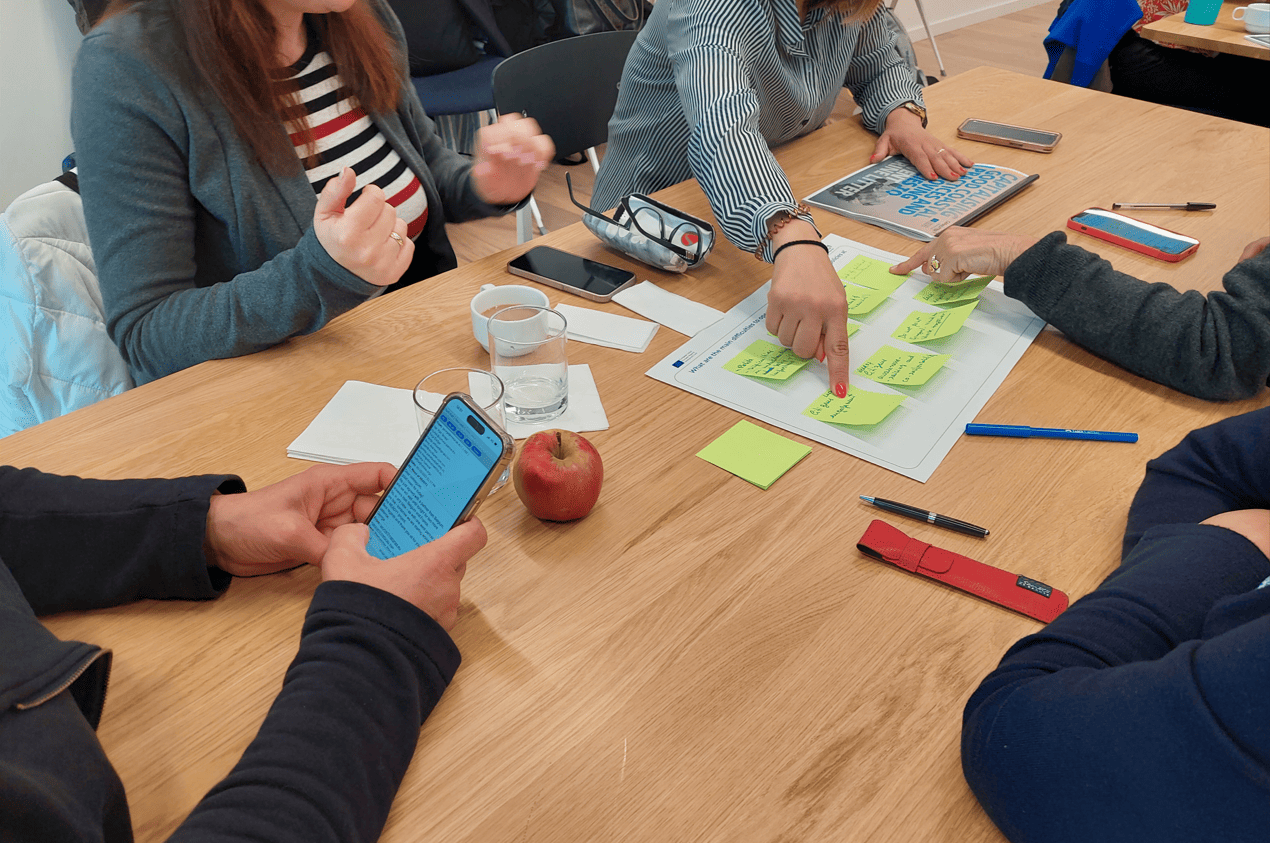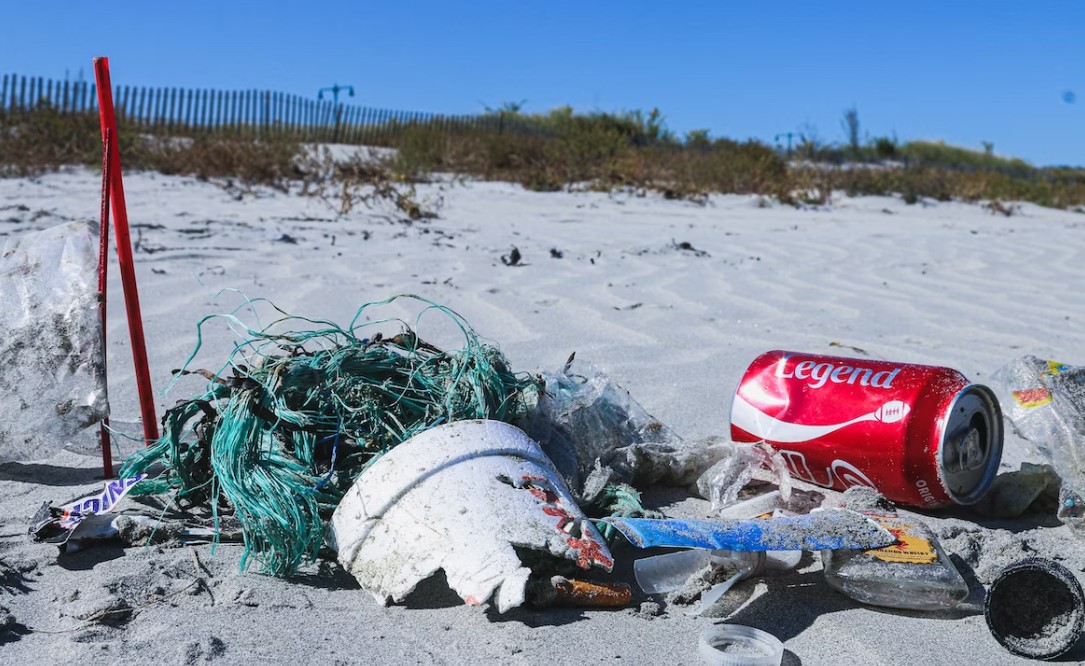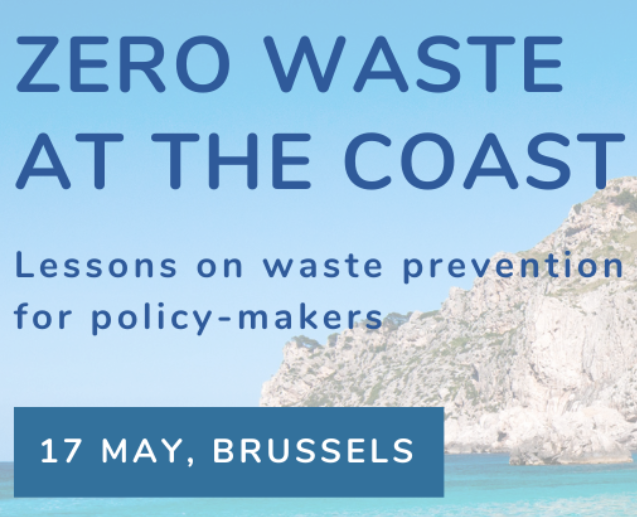During the 4th International Learning Event, last December, the theme discussed was “The role of local communities, how to improve awareness of beach-users and citizen science in preventing, managing and monitoring marine litter in coastal sites.”
To present and answer this discussion, two French stakeholders were introduced: the MerTerre association represented by Isabelle Poitou, founder and director and the Explore & Preserve association, represented by his director and founder, Anne Settimelli.
They outlined the web platform ReMed Zero Plastique (for Mediterranean Network Zero Plastic), as a participatory science program and a steering tool for public policies for reducing litter.
This platform was created by MerTerre back in 2018 in partnership with the National Museum of Natural History, which is now the web developer, and financed by the Region SUD and the Ministry of Ecological Transition.
This platform is aiming for collaboration and to federate actors playing a role in reducing marine litter, in the Region SUD, such as organizations willing to coordinate cleaning events. On the platform, different maps can be found: one with all the actors and one with all the actions that take place near your area.
The platform also seeks to gather data on marine litter, with quantification and qualification of waste picked up during events (volume, weight, number of items..). This process is called characterization and allows, for example, to identify accumulation areas and geographics origins (flows and stocks) of macro wastes to help area managers; to involve manufacturers and suppliers in reduction and depollution processes or to present data so that they become a support for decision-makers.
The second stakeholder, Explore & Preserve, is a member and user of this platform.

They use it to organize clean-up events and to raise awareness among citizens.
So far, they organized 35 events, gathering over 2000 participants and 7 tons of waste were collected.
Hence, they use ReMed Zero Plastique for many reasons such as identifying the waste collected; monitoring their data; reporting information about waste; being part of a larger approach; pointing out certain types of localized and frequent pollution sites and using a federating tool of dialogue.
Link to the platform: www.remed-zero-plastique.org
